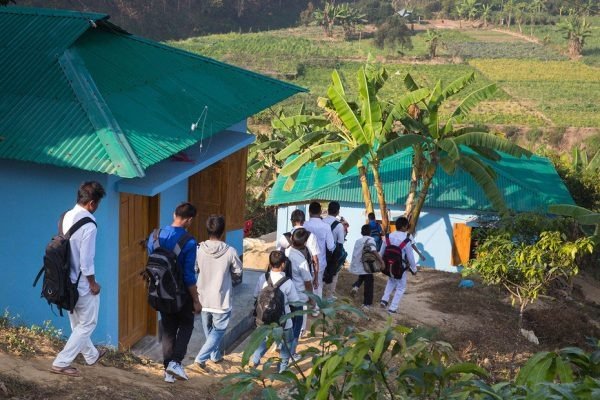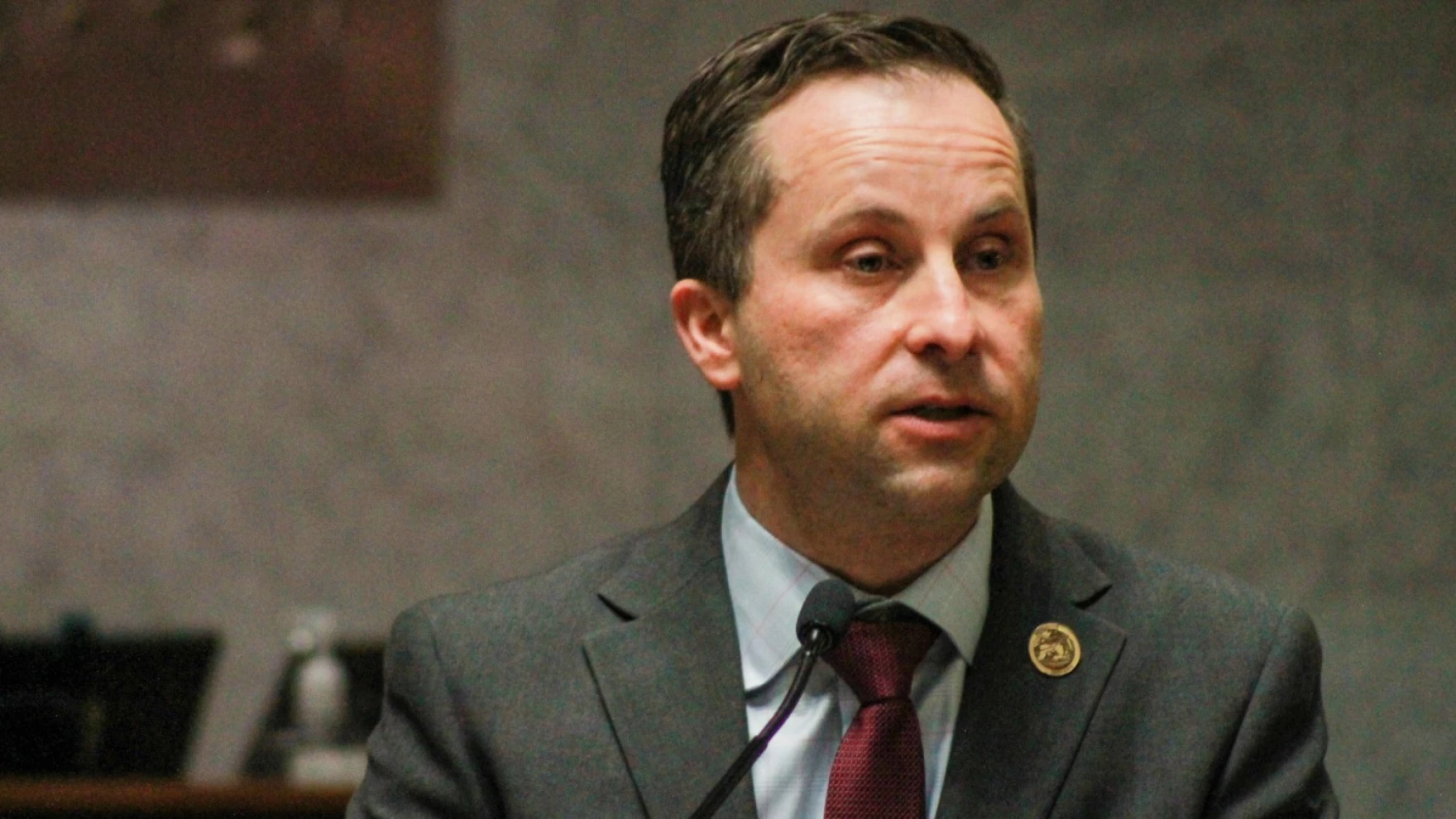Humanitarian foundations play a critical role in providing aid and relief to people living in crisis zones worldwide. These organizations work tirelessly to deliver food, medical supplies, shelter, and other essential services to communities devastated by war, natural disasters, and extreme poverty. One such example is the Gaza Humanitarian Foundation, which operates in the Gaza Strip—a region deeply affected by ongoing conflict and blockade. Understanding the work and challenges faced by humanitarian foundations in such environments sheds light on the vital role they play and the difficulties they must overcome.
Humanitarian foundations are typically non-profit entities dedicated to alleviating human suffering. Their work spans various areas including disaster relief, refugee assistance, food security, healthcare, education, and community rebuilding. They often collaborate with international bodies such as the United Nations, the Red Cross, and local organizations to maximize their reach and impact. Funding for these foundations comes from governments, private donors, and global institutions committed to supporting vulnerable populations.
The Gaza Humanitarian Foundation focuses specifically on the needs of Palestinian civilians in the Gaza Strip. Gaza has faced decades of conflict and a strict blockade that has severely restricted the flow of goods and people. As a result, many families struggle with shortages of food, clean water, medical supplies, and other basic necessities. The foundation aims to bridge these gaps by distributing vital aid to those affected by the humanitarian crisis.
However, operating in Gaza presents immense challenges. The ongoing military conflict and the blockade imposed by Israel have made it extremely difficult to deliver aid safely and consistently. In recent events, several Palestinian civilians lost their lives while attempting to collect food aid from the Gaza Humanitarian Foundation. This tragic incident sparked international criticism and raised concerns about the safety of aid distribution in such volatile environments. The head of the UN agency for Palestinian refugees called for a reassessment of aid programs, warning that some efforts might inadvertently worsen the crisis instead of alleviating it.
One of the most urgent concerns in Gaza is the shortage of essential supplies like baby formula and food. Health workers report that the supply of baby formula has nearly run out, placing thousands of infants at risk of malnutrition. Humanitarian foundations like the Gaza Humanitarian Foundation are on the front lines trying to deliver these critical supplies amid blockades and restricted access. Doctors warn that if these conditions persist, the health and survival of many children could be in jeopardy.
Humanitarian foundations often find themselves caught between the needs of the population and the political and military realities on the ground. In conflict zones such as Gaza, aid delivery can become highly politicized. Restrictions and blockades can be used as tools of war, limiting the flow of humanitarian aid and increasing the suffering of civilians. Aid workers face security risks, including violence and military operations, that further complicate their mission. Despite these obstacles, humanitarian foundations continue their efforts to provide lifesaving support to affected populations.
The Gaza Humanitarian Foundation is one example of how humanitarian organizations attempt to navigate these difficult circumstances. While supported by international donors, including the United States, the foundation’s work has been hampered by the ongoing conflict and political tensions. The recent incidents of civilians being harmed during aid distribution highlight the complex and dangerous environment in which these organizations operate.
Beyond Gaza, humanitarian foundations worldwide play a crucial role in disaster and conflict relief. They provide immediate assistance after natural disasters such as earthquakes and floods, support refugees fleeing violence, and implement long-term programs to rebuild communities. Their work is often coordinated with governments and international agencies to ensure aid reaches those most in need efficiently and effectively.
Humanitarian foundations rely heavily on donor funding and international cooperation. They must maintain transparency and accountability to ensure that resources are used appropriately. In conflict zones, they also face the ethical challenge of delivering aid impartially while navigating political pressures. Upholding the principles of neutrality and impartiality is essential to gaining access and trust among affected communities.
The situation in Gaza exemplifies the critical need for humanitarian foundations but also highlights the enormous challenges they face. The ongoing blockade and conflict continue to restrict access to food, medical supplies, and other essentials. Aid organizations like the Gaza Humanitarian Foundation are vital in helping families survive in these harsh conditions. Their work draws global attention to the plight of civilians caught in conflict and the urgent need for humanitarian access.
As the international community watches the unfolding crisis in Gaza, the role of humanitarian foundations remains indispensable. Their commitment to delivering aid under dangerous and complex conditions is a testament to the global effort to protect vulnerable populations. Ensuring that these organizations can operate safely and effectively is essential to mitigating human suffering in some of the world’s most challenging environments.







